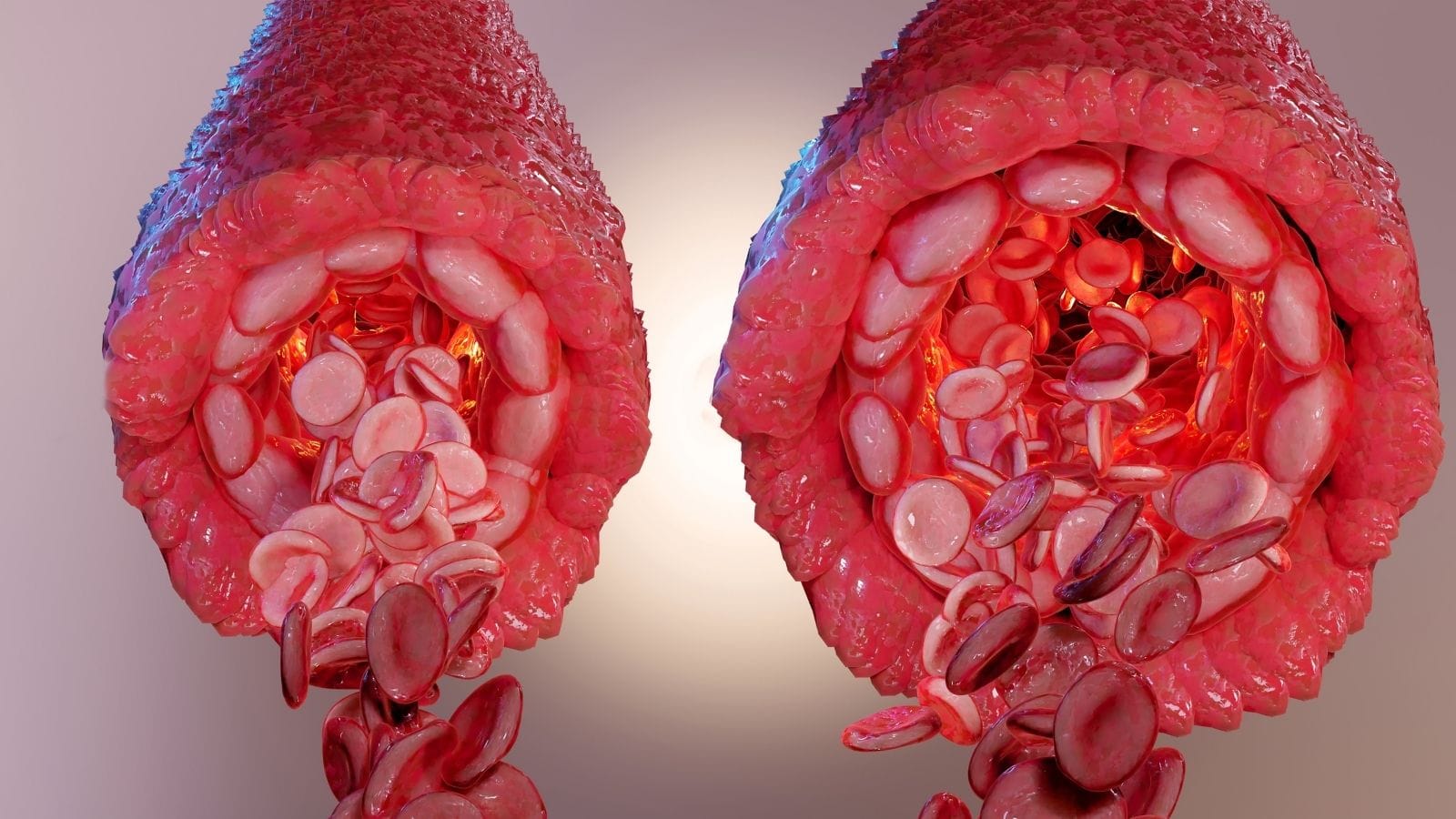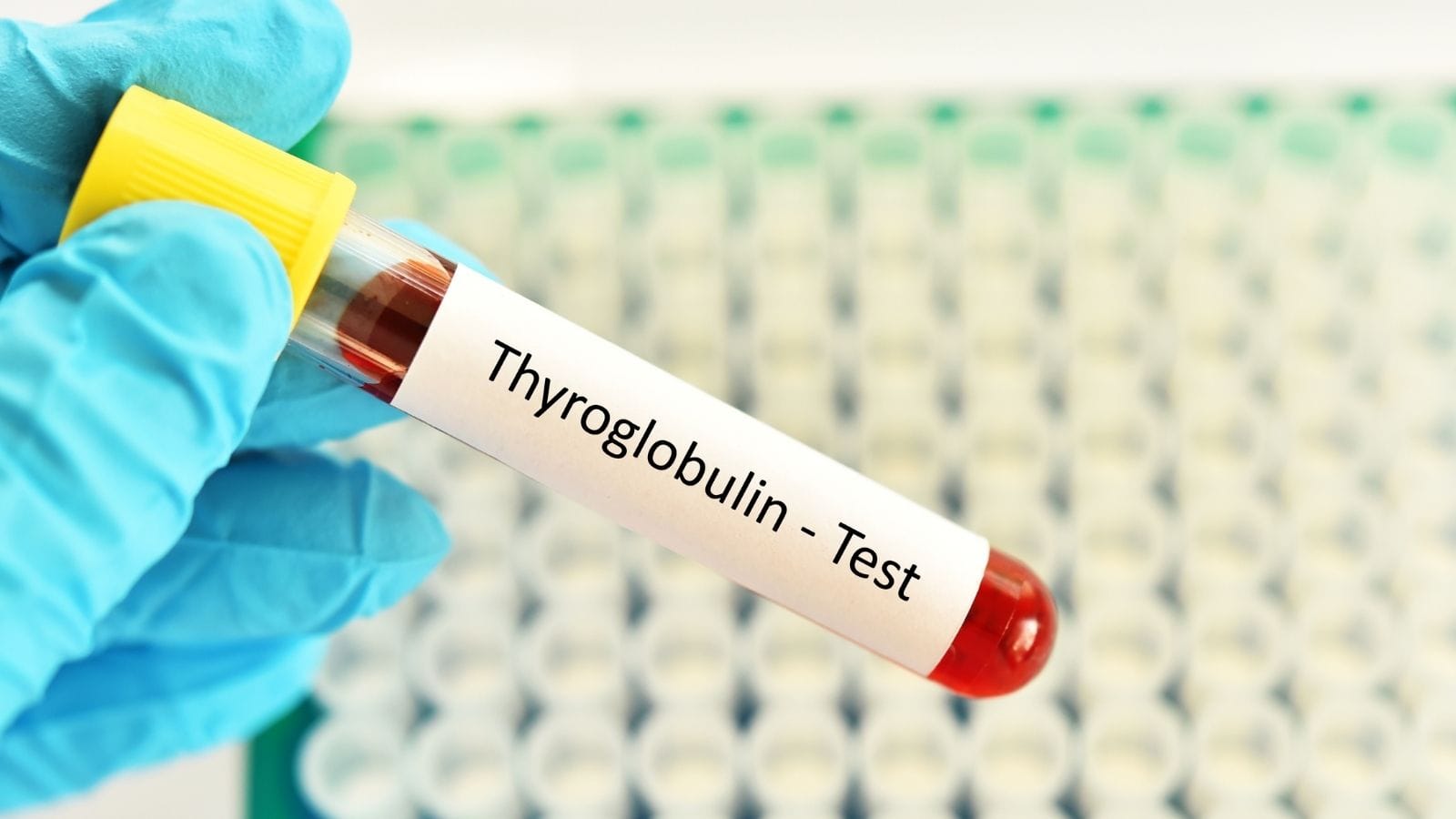A nutrition guide for a healthy thyroid emphasizes adequate iodine intake, essential for hormone production. Sea fish, dairy products, and iodized salt provide natural sources of this vital mineral.
Selenium supports enzyme function in thyroid hormone metabolism. Nuts, whole grains, and eggs are good dietary sources that protect against oxidative stress and maintain glandular health.
Zinc and vitamin D play roles in thyroid function and immune regulation. Deficiencies may impair hormone synthesis and contribute to autoimmune thyroid disorders, highlighting the importance of balanced nutrition.
Avoiding excessive processed foods, limiting goitrogenic foods, and maintaining regular meals ensure stable metabolism. A balanced diet combined with medical monitoring supports optimal thyroid health.
Nutrition Guide for a Healthy Thyroid
Thyroid health is crucial for the production of hormones that regulate the body’s metabolism and balance energy levels. Underactive or overactive thyroid function can lead to hormonal imbalances, negatively affecting overall health. Consuming the right nutrients for a healthy thyroid helps keep these hormones balanced and supports thyroid functions. By enriching your diet with thyroid-friendly foods, you can boost your energy levels and prevent thyroid-related health problems.
It is important to prioritize foods that contain specific vitamins, minerals, and antioxidants to support thyroid health. Additionally, avoiding processed foods and substances that may negatively affect thyroid function helps maintain a thyroid-friendly lifestyle. Here are nutritional recommendations for a healthy thyroid:
- Iodine-Rich Foods
Iodine is an essential mineral for the production of thyroid hormones. The thyroid gland cannot produce hormones without iodine, which may lead to hormone deficiency. Seaweed is a natural source rich in iodine and contributes to thyroid health. Additionally, using iodized salt can help meet your daily iodine needs.
However, excessive iodine intake can have negative effects on the thyroid. Therefore, it is important not to exceed the daily iodine amount recommended by your doctor. Balanced iodine intake supports thyroid function and helps hormones to be secreted regularly.
- Selenium-Rich Foods
Selenium is an important mineral that plays a critical role in the conversion of thyroid hormones. Brazil nuts are one of the richest sources of selenium. Consuming just one or two Brazil nuts a day is sufficient to meet your daily selenium needs. Tuna, eggs, and sunflower seeds are also sources of selenium.
Selenium not only supports thyroid health but also prevents cellular damage with its antioxidant properties. This protects the thyroid gland in the long term. Consuming this mineral as part of a balanced diet contributes to the regular functioning of thyroid functions.
- Zinc-Containing Foods
Zinc is a mineral necessary for the production and secretion of thyroid hormones. Pumpkin seeds, red meat, nuts, and whole grains are foods rich in zinc. To support thyroid function and strengthen your immune system, you can regularly include such foods in your diet.
Zinc also promotes cellular repair, protecting the structure of the thyroid gland. Insufficient zinc intake can adversely affect thyroid hormone production. Therefore, creating a balanced nutrition plan rich in zinc is an important step for a healthy thyroid.
- Omega-3 Fatty Acids
Omega-3 fatty acids have anti-inflammatory properties and support thyroid function. Foods such as salmon, sardines, and walnuts are rich sources of omega-3. These fatty acids reduce inflammation in the thyroid gland and support healthy hormone production.
Omega-3 fatty acids also protect heart health and balance overall metabolism. Consuming fish 2-3 times a week is an effective way to improve thyroid function and strengthen your immune system.
- Vegetables and Fruits Rich in Antioxidants
Foods rich in antioxidants, such as spinach, broccoli, blueberries, and strawberries, are very beneficial for thyroid health. These foods protect the thyroid gland from damage by providing protection against free radicals. Additionally, the vitamins they contain help boost energy levels and support the immune system.
- Whole Grains and High-Fiber Foods
Whole grains are sources of fiber, vitamins, and minerals that are important for supporting thyroid health. Foods such as oats, brown rice, whole wheat bread, and quinoa help keep thyroid hormones balanced. In addition, these foods regulate blood sugar and provide a feeling of fullness for a long time, which supports the balance of thyroid metabolism.
Whole grains with high fiber content facilitate digestion and speed up the body’s detoxification process. This has a positive effect on metabolism, especially in cases of hypothyroidism. By adding whole grains to your daily diet, you can support thyroid function.
- Yogurt and Fermented Foods
Fermented foods such as yogurt are rich in probiotics and support gut health. The balance of healthy bacteria in the gut helps thyroid hormones to be secreted effectively and regulates metabolism. Kefir, pickles, and sauerkraut are also beneficial alternatives rich in probiotics.
These foods can protect thyroid function by strengthening the immune system. In addition, regularly consuming yogurt and fermented foods can support gut health and increase your overall energy levels. Make sure to include these beneficial foods in your daily diet for thyroid health.
- Coconut Oil
Coconut oil contains medium-chain triglycerides (MCTs), making it one of the beneficial fats that support thyroid health. These fatty acids accelerate metabolism, increase energy production, and help the thyroid gland work more efficiently. Especially in cases of hypothyroidism, coconut oil consumption can stimulate metabolism.
Coconut oil also has anti-inflammatory properties and supports thyroid functions at the cellular level. You can add this oil to your daily nutrition routine by using it in meals or smoothies. However, it is important to maintain a balanced approach by avoiding excessive consumption.
- Fish Oil Supplements
Fish oil is rich in omega-3 fatty acids and plays an effective role in improving thyroid function. Especially omega-3 components such as EPA and DHA support thyroid health by reducing inflammation. Fish oil supplements can be a good alternative for those who do not consume enough fish.
Fish oil helps increase brain capacity and ensures more balanced functioning of thyroid hormones. Adding fish oil supplements to your weekly diet is an effective way to regulate hormone production and support metabolism. Be sure to consult your doctor before using supplements.
- Vitamin C Sources
Foods rich in vitamin C, such as oranges, lemons, kiwis, and red peppers, are highly beneficial for thyroid health. Vitamin C strengthens the immune system, protects the body from infections, and supports the healthy functioning of the thyroid gland. In addition, since it is effective in coping with stress, it can reduce the negative effects on the thyroid.
Foods containing vitamin C provide strong protection against free radicals and support thyroid functions at the cellular level. Including these foods in your daily diet will both improve your overall health and contribute to the proper functioning of thyroid hormones.
By following these nutritional recommendations, you can protect your thyroid health and maintain your body’s hormonal balance.

Interventional Radiology and Neuroradiology Speaclist Prof. Dr. Özgür Kılıçkesmez graduated from Cerrahpaşa Medical Faculty in 1997. He completed his specialization at Istanbul Education and Research Hospital. He received training in interventional radiology and oncology in London. He founded the interventional radiology department at Istanbul Çam and Sakura City Hospital and became a professor in 2020. He holds many international awards and certificates, has over 150 scientific publications, and has been cited more than 1500 times. He is currently working at Medicana Ataköy Hospital.









Vaka Örnekleri